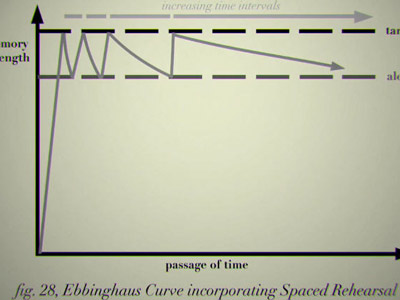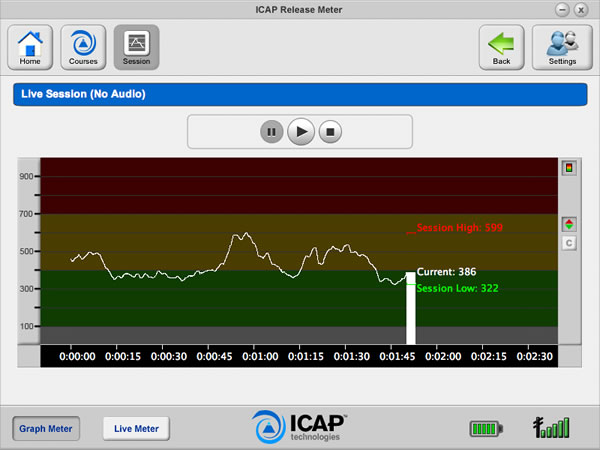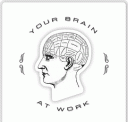Next Generation Memory Enhancements
Wednesday, November 4th, 2009The frequency and duration of exposure to information as well as the length of the rest period between exposures all impact how well we can learn new information.
Balancing these variables to optimize memory function or “managing your learning schedule” is well beyond most of us and even the most well intentioned instructors- until now. A new type of memory enhancer that uses adaptive algorithms are beginning to appear. Technology Review has a good article, An App so you’ll never forget, that focuses on the latest, a new iPhone app smart.fm. Definitely cognitive design in action.
Check out this short video on the science behind smart.fm










